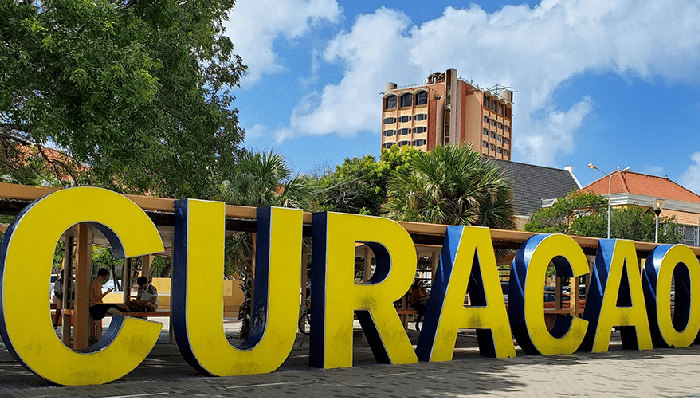
Curacao plans to overhaul gambling regulations
Curacao lost a significant portion of its tourist revenue when the pandemic began. The Netherlands stated that it would consider assisting to counterbalance some of the negative effects that a lack of global tourists had on the island, but in exchange, parliamentarians requested that Curacao improve its licensing regime for firms.
While Curacao agreed at the time, there were no meaningful developments for quite some time. Things are changing now, and they are changing quickly. Curacao is undergoing extensive gambling regime change that will focus on online licenses awarded to global operators, with a main objective being identifying and combating illegal gambling websites, according to iGB.
The permissive approach that typically entailed low obstacles and relative leeway for stakeholders that wish to self-regulate without too much scrutiny has been a recurring criticism leveled against Curacao and the manner it licenses gaming firms. However, this approach is acknowledged to have flaws, and the government is taking on the job of stepping in.
Industry re-regulation may commence as a result of a new bill passed by the Curaçao Council of Ministers. The action coincides with a global movement to re-regulate gambling industries, with similar moves taking place in Germany, the Netherlands, Spain, the United Kingdom, Australia, and other countries.
The Curacao Gaming Authority will now operate under a new licensing structure that will address and regulate both business-to-customer and business-to-business operators.
Malta Gaming Authority (MGA) According to Mario Galea, a consultant, going forward, all business-two-customer operators would pay a €4,000 licensing charge, a €12,000 renewal fee, and an additional €250 price per month for each domain name the businesses own and operate.
Renewal costs will be collected only once a year, as is customary in the industry. The road to re-regulation will not be easy, but it will be methodical, and Curacao will lead businesses through it. For a period of up to 12 months, all businesses will be required to convert to transitional licenses. However, the new licenses come with additional requirements, which is a positive move for industry observers who want Curacao to boost its game.
The new permits will require corporations to commit on-site by having at least three key workers operating directly out of the jurisdiction and will have stronger standards for Anti-Money Laundering (AML) procedures. The Curacao Gaming Authority will be significantly empowered, and the regulator will strive to bring cross-jurisdiction monitoring, though not through a framework, but rather by individual partnerships.
This implies that if Curacao detects a license that does not meet specific standards, it can notify other regulators. More information about the process and the new conditions will be available soon.









